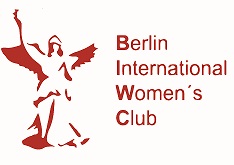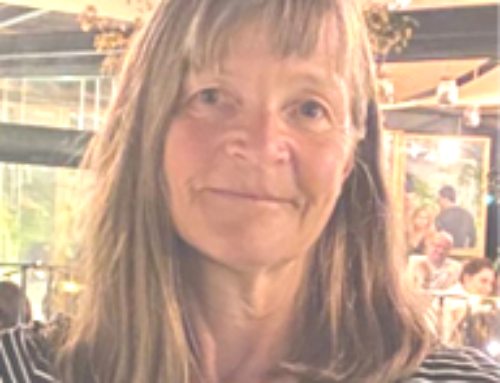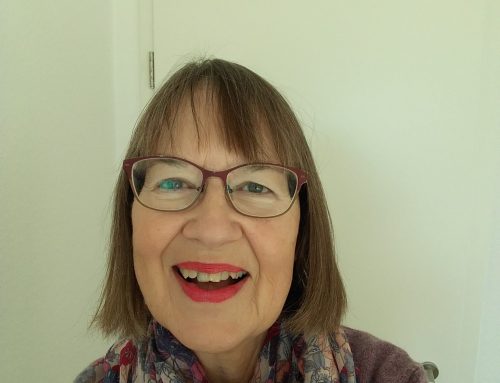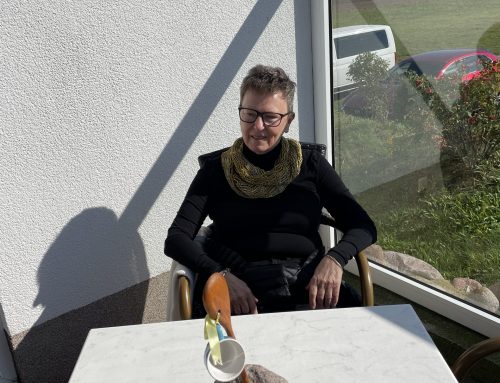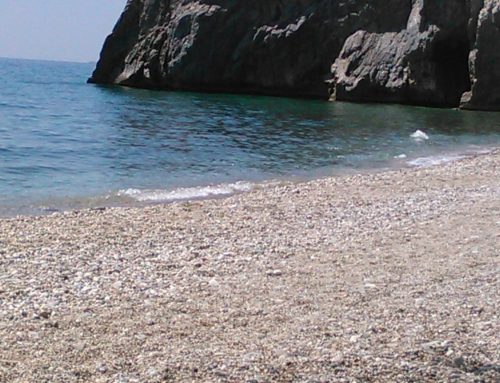Having lived and taught in India, China, Africa, and Europe, as well as her native USA, Sarah Chevaillier knows from experience what can be gained and what may cause problems when different cultures meet.
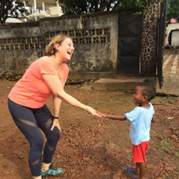
“It’s about grasping concepts of diversity; dealing with the unfamiliar and not dismissing other people just because they handle things differently.”
Growing up near Los Angeles, Sarah was always restless to experience other ways of life. Her high school gap year in Zurich was an early eye-opener. After returning to the USA and gaining a university degree in French, German and English Comparative Literature , she met her future husband Jean-Philippe and they were married in 1982.
The couple moved to Geneva for his work as a materials scientist. Their eldest son was born there, and they later moved to Dusseldorf where their two younger sons were born. As the children grew, Sarah returned to work , teaching French and English Literature at the International School of Dusseldorf.
In 2001 she returned to the USA and was hired by Alzheimer’s research scientist Professor Karen Ashe at the University of Minnesota where she raised 10 million dollars to enable the establishment of the Centre for Memory Research and Care.
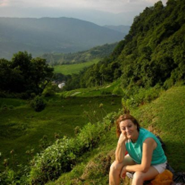
But she missed living abroad so in 2008 she went to Dujiangyan in Sechuan, China to teach at a high school for a year, arriving three weeks after an earthquake in the region.
Afterwards, she moved to Mumbai, India for three years where she was the principal at two international schools.
After returning to the States, one of her posts as a substitute teacher was working with young offenders at a Minneapolis jail. “I had the attention of 40% of them, 20% of the time, which wasn’t too bad.” she says.
A year at the International School of Management in Paris, where she got her MBA, was followed by three years as Director of the American International School of Conakry in Guinea, West Africa.
“Ebola had originated there and the school had to be built up again from scratch. I was managing the facilities, staff, administration, the academic programme, designing the curriculum – and problem-solving when the generators ran out of fuel as we were not on the
electricity grid.”
She came to Berlin in 2019, renovated her own apartment, and joined the BIWC.“I was tired of bouncing round the world,” she says.” Now it’s great to be with others who understand what it’s like to live in another culture, who can bring in their own experiences of other places in the world. That’s what interests me.” In 2023 Sarah was elected as a member of the BIWC Executive Committee.
